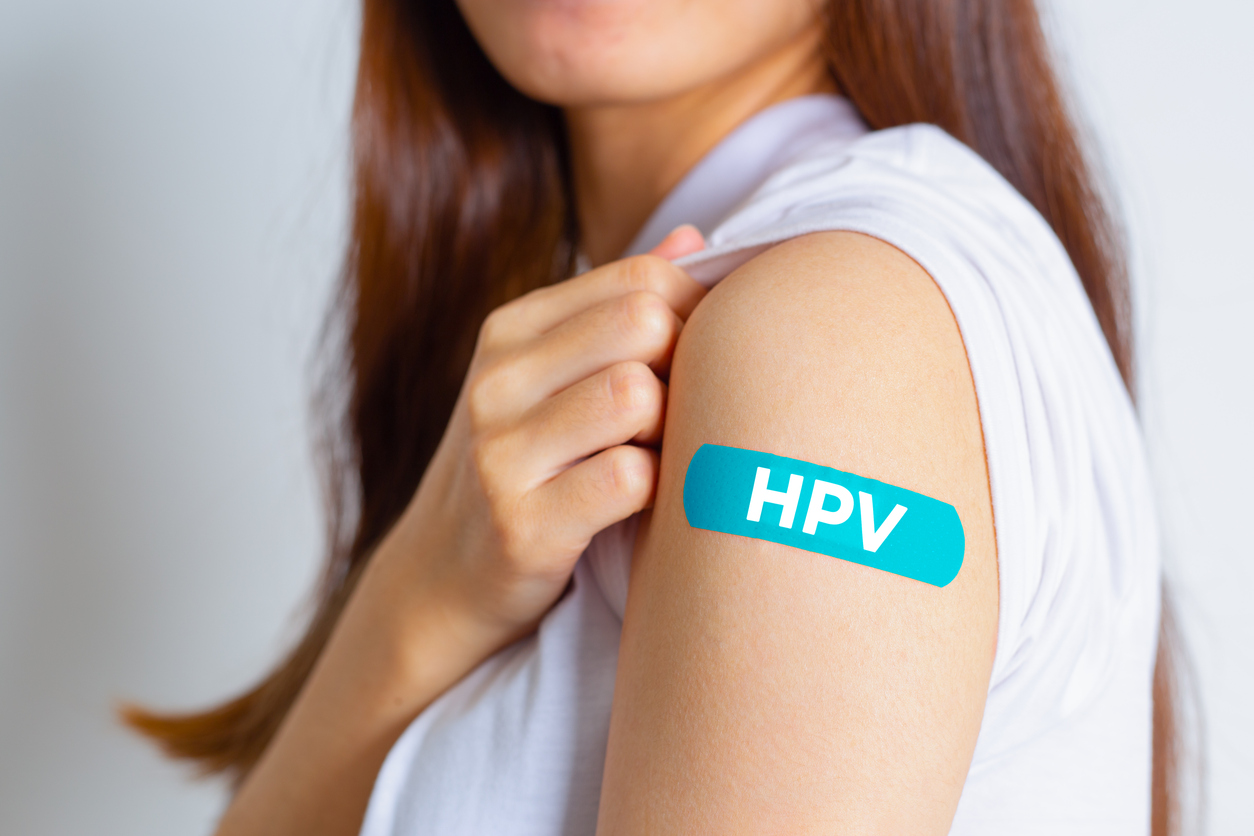2025-09-03
Vaccinate better, vaccinate more?
Public Health and Social Medicine
By Ana Espino | Published on september 3, 2025 | 3 min read
#HPV #Vaccination #CervicalCancer #VaccineCoverage
Cervical cancer, caused by persistent infection with human papillomavirus (HPV), remains one of the leading causes of cancer-related mortality among women in many countries. Although the HPV vaccine has proven safe and effective, vaccination coverage remains insufficient, particularly in rural areas and low socioeconomic communities. Current barriers include unequal access to healthcare, cultural and religious obstacles, limited awareness, and financial constraints for families. The challenge is therefore to design strategies that not only overcome these barriers but also foster lasting acceptance among populations. This study was initiated to identify and evaluate interventions aimed at improving HPV vaccine uptake and access in rural and underserved contexts. Its goal was also to guide the development of more equitable public health policies tailored to the needs of vulnerable populations.
A total of 34 studies conducted in rural or socioeconomically disadvantaged settings were selected and analyzed. Methodologies included school-based programs, community campaigns, educational interventions, and the use of digital reminders.
Results show that school-based vaccination programs, combined with information sessions tailored to parents and students, achieved the greatest increases in coverage. Multicomponent strategies proved particularly effective: combining educational sessions, phone or SMS reminders, active involvement of community and religious leaders, and free or subsidized vaccination significantly boosted uptake—sometimes by as much as 30% compared to conventional approaches.
Conversely, interventions relying solely on information dissemination, without practical support or removal of structural barriers, were largely ineffective. The studies also emphasized that parental and local healthcare worker engagement is a critical factor in overcoming distrust and strengthening vaccine acceptability.
Cervical cancer is a preventable disease through vaccination, yet persistent inequalities in access continue to limit effective prevention, especially in rural and underserved populations. The challenge lies in implementing interventions that consider local realities and cultural, organizational, and financial barriers. The aim of this study was to determine the most effective strategies to improve vaccine coverage.
Findings confirm that multicomponent approaches—combining education, accessibility, and community engagement—are the most promising. Future research will need to assess the long-term effectiveness of these strategies and measure their actual impact on cervical cancer prevention. It will also be necessary to integrate them into national policies, adapt them to cultural contexts, and explore the potential of digital tools to enhance follow-up and adherence. Such approaches could pave the way for more equitable and protective prevention strategies for vulnerable populations.
About the author – Ana Espino
As a scientific writer, Ana is passionate about bridging the gap between research and real-world impact. With expertise in immunology, virology, oncology, and clinical studies, she makes complex science clear and accessible. Her mission: to accelerate knowledge sharing and empower evidence-based decisions through impactful communication.
#HPV #Vaccination #CervicalCancer #VaccineCoverage
Cervical cancer, caused by persistent infection with human papillomavirus (HPV), remains one of the leading causes of cancer-related mortality among women in many countries. Although the HPV vaccine has proven safe and effective, vaccination coverage remains insufficient, particularly in rural areas and low socioeconomic communities. Current barriers include unequal access to healthcare, cultural and religious obstacles, limited awareness, and financial constraints for families. The challenge is therefore to design strategies that not only overcome these barriers but also foster lasting acceptance among populations. This study was initiated to identify and evaluate interventions aimed at improving HPV vaccine uptake and access in rural and underserved contexts. Its goal was also to guide the development of more equitable public health policies tailored to the needs of vulnerable populations.
How to improve vaccine uptake?
A total of 34 studies conducted in rural or socioeconomically disadvantaged settings were selected and analyzed. Methodologies included school-based programs, community campaigns, educational interventions, and the use of digital reminders.
Results show that school-based vaccination programs, combined with information sessions tailored to parents and students, achieved the greatest increases in coverage. Multicomponent strategies proved particularly effective: combining educational sessions, phone or SMS reminders, active involvement of community and religious leaders, and free or subsidized vaccination significantly boosted uptake—sometimes by as much as 30% compared to conventional approaches.
Conversely, interventions relying solely on information dissemination, without practical support or removal of structural barriers, were largely ineffective. The studies also emphasized that parental and local healthcare worker engagement is a critical factor in overcoming distrust and strengthening vaccine acceptability.
Toward more equitable prevention?
Cervical cancer is a preventable disease through vaccination, yet persistent inequalities in access continue to limit effective prevention, especially in rural and underserved populations. The challenge lies in implementing interventions that consider local realities and cultural, organizational, and financial barriers. The aim of this study was to determine the most effective strategies to improve vaccine coverage.
Findings confirm that multicomponent approaches—combining education, accessibility, and community engagement—are the most promising. Future research will need to assess the long-term effectiveness of these strategies and measure their actual impact on cervical cancer prevention. It will also be necessary to integrate them into national policies, adapt them to cultural contexts, and explore the potential of digital tools to enhance follow-up and adherence. Such approaches could pave the way for more equitable and protective prevention strategies for vulnerable populations.
Read next: Vaccinating more children: which strategies really work?
About the author – Ana Espino
PhD in Immunology, specialized in Virology

Last press reviews
Work motivation: the power of autonomy

By Ana Espino | Published on February 25, 2026 | 3 min read<br><br>Q...
Chronic pain in women: exploring the immune pathway

By Elodie Vaz | Published on February 24, 2026 | 3 min read<br>
Type 1 Diabetes: “Cyborg” transplants to restore the pancreas

By Elodie Vaz | Published on February 24, 2026 | 3 min read<br>